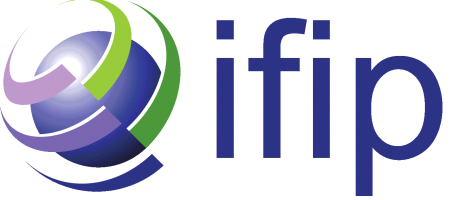The 26th IFIP WG 1.02 International Conference on Descriptional Complexity of Formal Systems (DCFS 2025) will be held on 22-24 July 2025 in Loughborough, UK
The DCFS conference series is an international venue for presenting new results in all areas of descriptional complexity - a field in computer science that studies the cost of describing objects within various computational models, such as Turing machines, pushdown automata, finite automata, grammars, and more.
The conference is organized by the Department of Computer Science, Loughborough University, and by the IFIP Working Group 1.02 “Descriptional Complexity”.
DCFS 2025 will be co-located with the 15th International Workshop on Non-Classical Models of Automata and Applications (NCMA 2025).

Register, Plan, Attend
The DCFS Programme is live!
Haven’t registered yet? Don’t miss your chance to join us!
The information on registration fees & discounted accommodation options is available on the registration page.
Principal topics
DCFS focuses on the descriptional complexity of formal systems and structures, along with their applications. The conference covers a broad range of topics in this area, including but not limited to:
- Automata, grammars, languages and other formal systems; various modes of operations and complexity measures.
- Succinctness of description of objects, state-explosion-like phenomena.
- Circuit complexity of Boolean functions and related measures.
- Size complexity of formal systems.
- Structural complexity of formal systems.
- Trade-offs between computational models and mode of operation.
- Applications of formal systems – for instance in software and hardware testing, in dialogue systems, in systems modeling or in modeling natural languages – and their complexity constraints.
- Co-operating formal systems.
- Size or structural complexity of formal systems for modeling natural languages.
- Complexity aspects related to the combinatorics of words.
- Descriptional complexity in resource-bounded or structure-bounded environments.
- Structural complexity as related to descriptional complexity.
- Frontiers between decidability and undecidability.
- Universality and reversibility.
- Nature-motivated (bio-inspired) architectures and unconventional models of computing.
- Blum Static (Kolmogorov/Chaitin) complexity, algorithmic information.
Proceedings
The proceedings of DCFS 2025 are now available. They have been published by Springer-Verlag in the series Lecture Notes in Computer Science.


A journal special issue on JALC - Journal of Automata, Languages and Combinatorics containing selected accepted papers - is planned.

